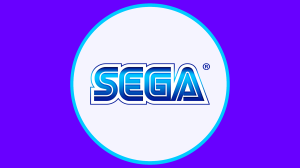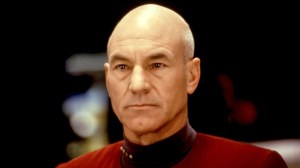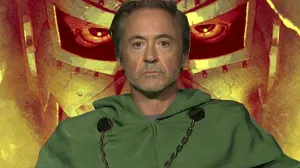Roald Dahl’s children’s books are being republished with ‘hundreds of changes to the original text” in order to be less offensive to readers. According to The Telegraph, publisher Puffin Books has hired sensitivity readers to make the changes to beloved books such as Charlie and the Chocolate Factory, James and the Giant Peach, Matilda, and many more so that the books can, as the publisher notes “continue to be enjoyed by all today”. The result are extensive edits to the texts to change descriptions of characters’ physical appearances, omissions to the text, or the inclusion of entirely new lines not written by Dahl.
Videos by ComicBook.com
According to the report, the word “fat” has been entirely removed from the books. Augustus Gloop from Charlie and the Chocolate Factory is now referred to simply as “enormous”. Other changes to that book include references to the Oompa Loompas as “small” instead of “tiny” and are now simply “small people” rather than “small men”. Similar changes in references to gender carry to other books as well, including changing the phrase “boys and girls” to simply “children” and changing the Cloud-Men in James and the Giant Peach to “Cloud-People”. There are also changes to the books that Matilda reads in Matilda and The Witches has new lines added to the part where it’s revealed that the witches wear wigs to cover baldness. The new lines read “There are plenty of other reasons why women might wear wigs and there is certainly nothing wrong with that.” The Telegraph outlines many of the additional changes, many of them to character descriptions.
According to the report, the changes were made by Puffin and the Roald Dahl Story Company, which is now owned by Netflix, and the review of Dahl’s books began in 2020, prior to Netflix’s acquisition in 2021. The Dahl family owned the literary estate at that time. However, the idea of there being problematic depictions in Dahl’s work is not a new idea. The original 1964 text of Charlie and the Chocolate Factory presented Oompa Loompas as being from “the very deepest and darkest part of the African jungle” and by the publication of the book’s sequel in 1972, descriptions in both art and text of the sequel and reprints of the original book had changed to them having “golden-brown hair” and “rosy-white skin”. Dahl also came under scrutiny for antisemitic statements in a 1983 interview, which the Dahl family apologized for in 2020. More recently, the HBO Max adaptation of The Witches starring Anne Hathaway sparked controversy when it depicted the Grand High Witch as missing fingers from her hand, prompting both Warner Bros. and Hathaway to address the issue.
A spokesperson for the Roald Dahl Story Company noted in a statement (via The Guardian) that changes to Dahl’s original text were “carefully considered”.
“When publishing new print runs of books written years ago, it’s not unusual to review the language used alongside updating other details including a book’s cover and page layout. Our guiding principle throughout has been to maintain the storylines, characters, and the irreverence and sharp-edged spirit of the original text. Any changes made have been small and carefully considered.”
What do you think about the changes to Dahl’s works? Let us know your thoughts in the comments.








